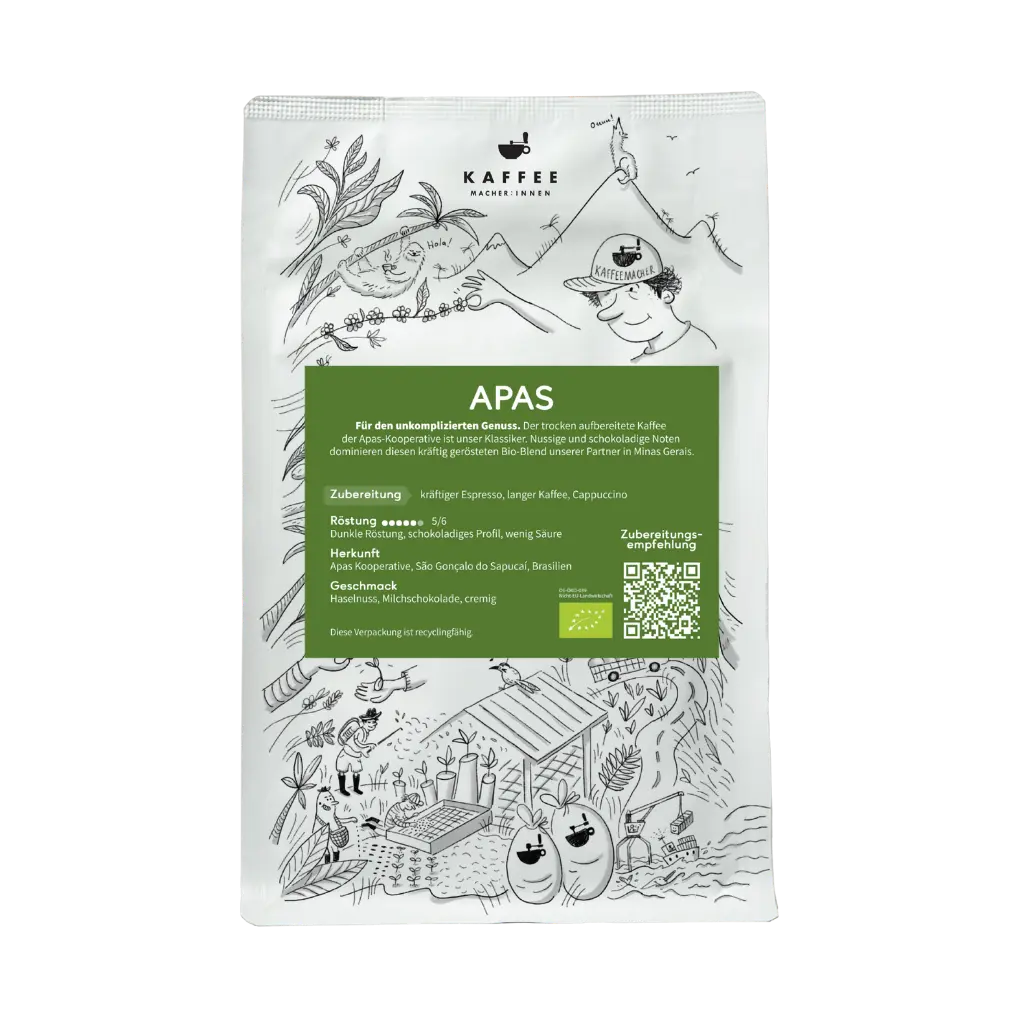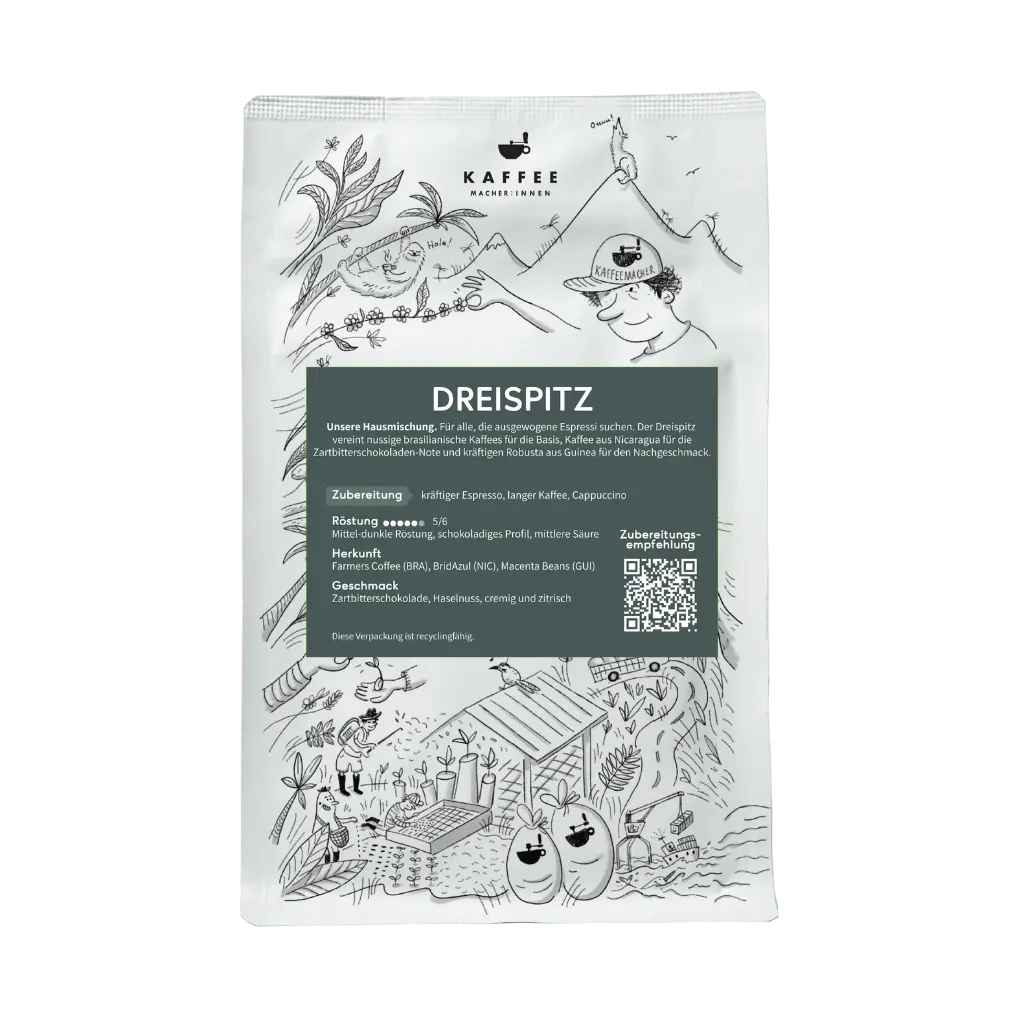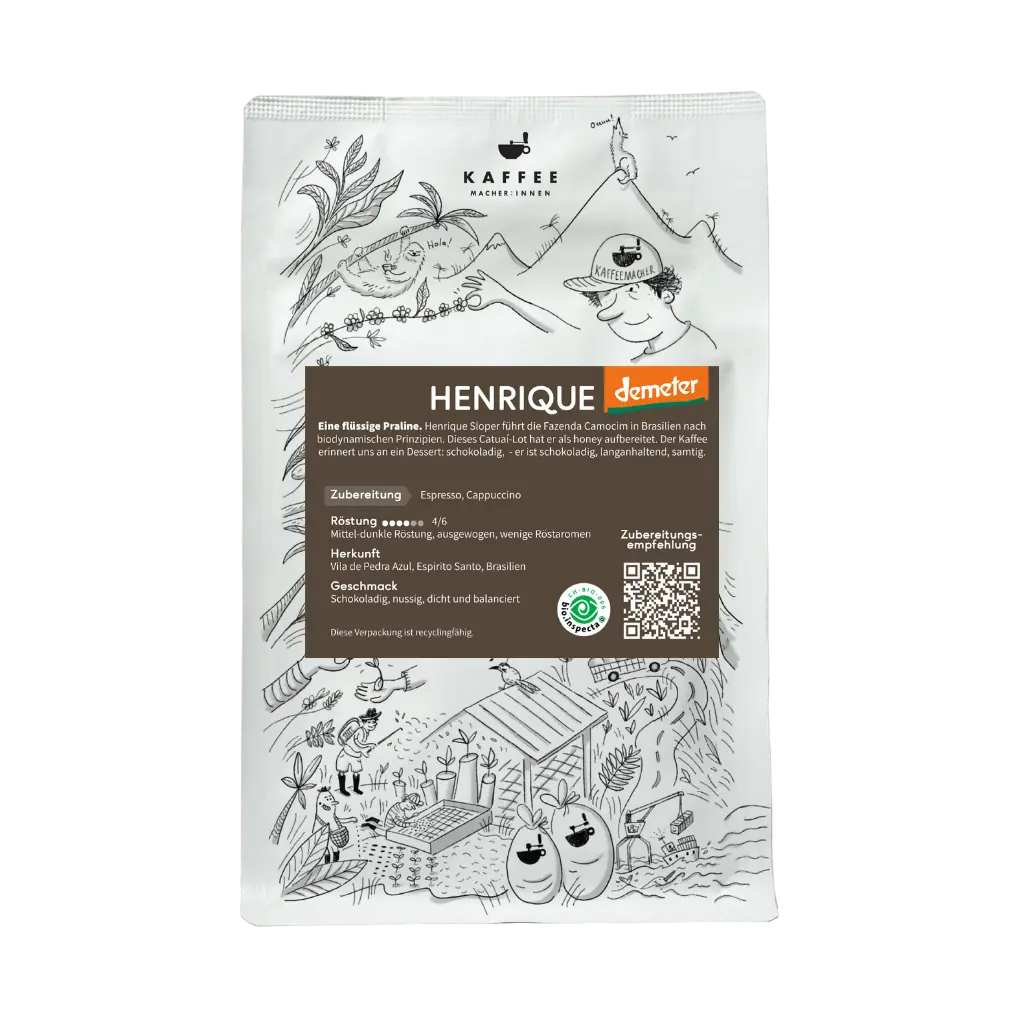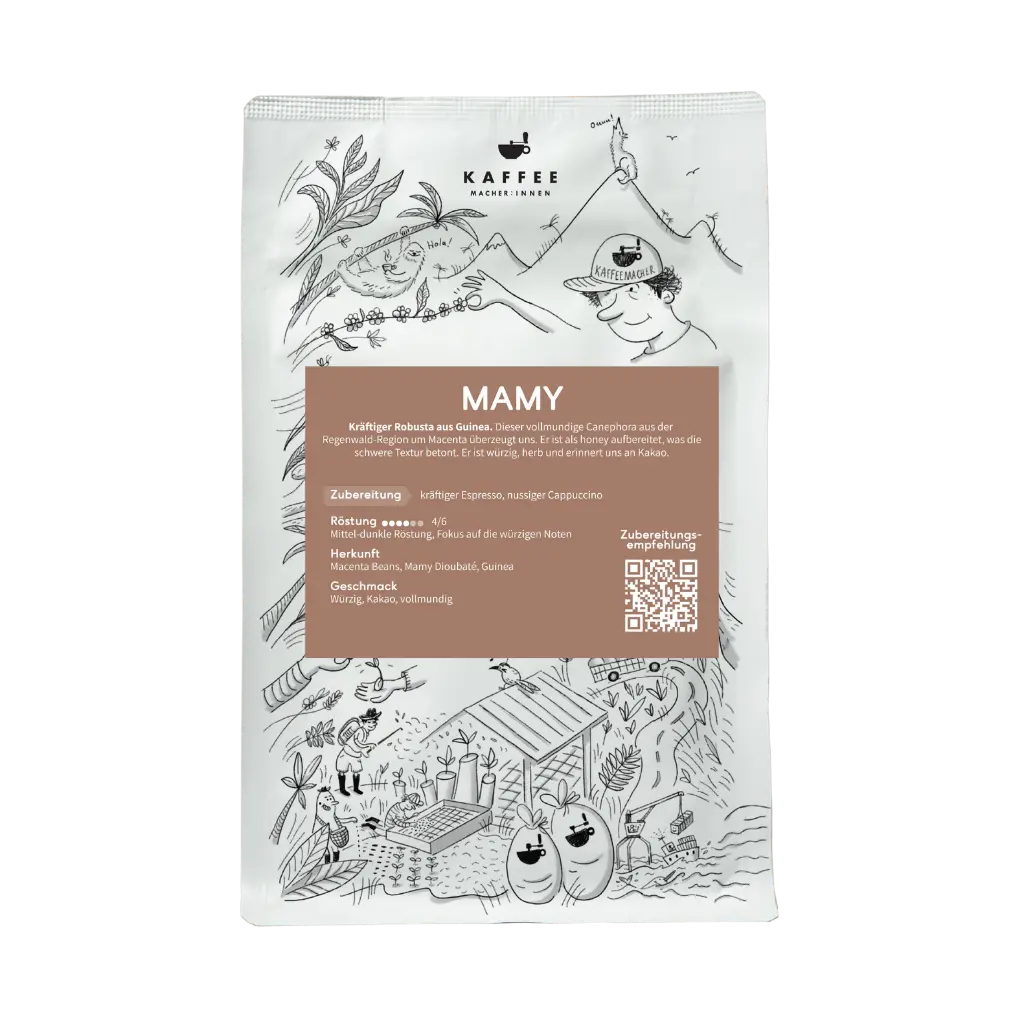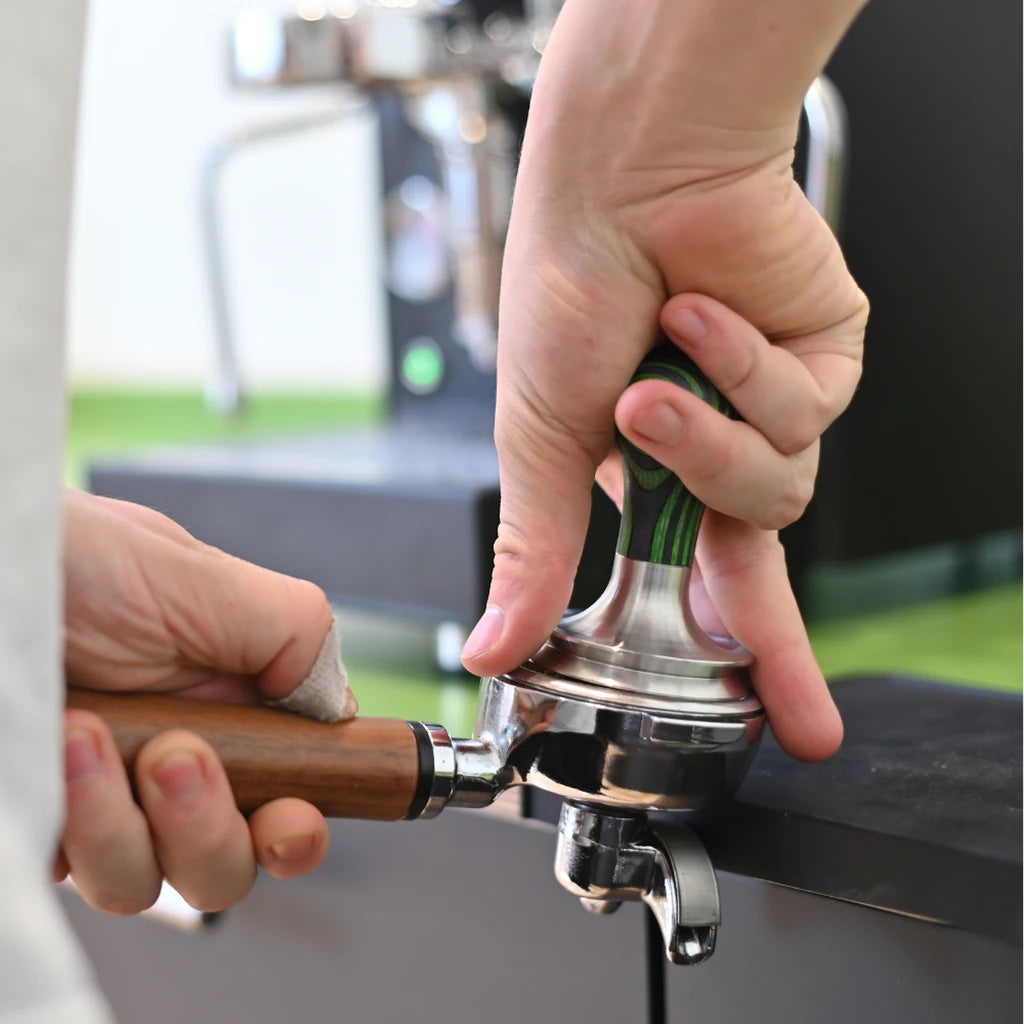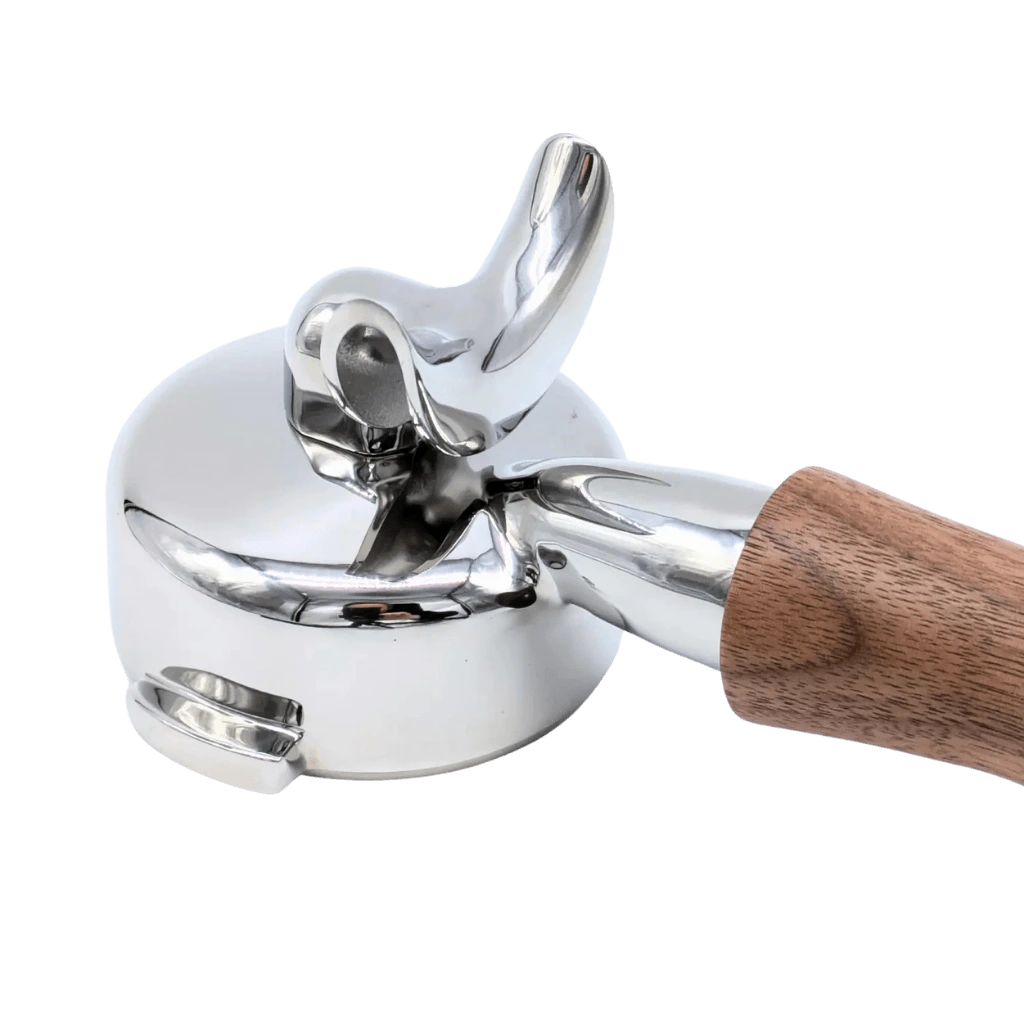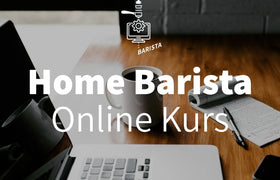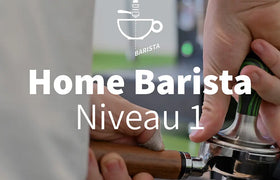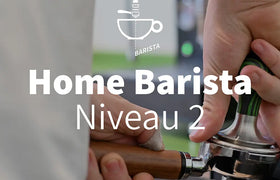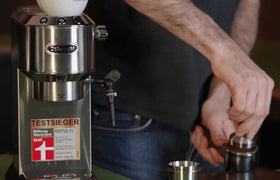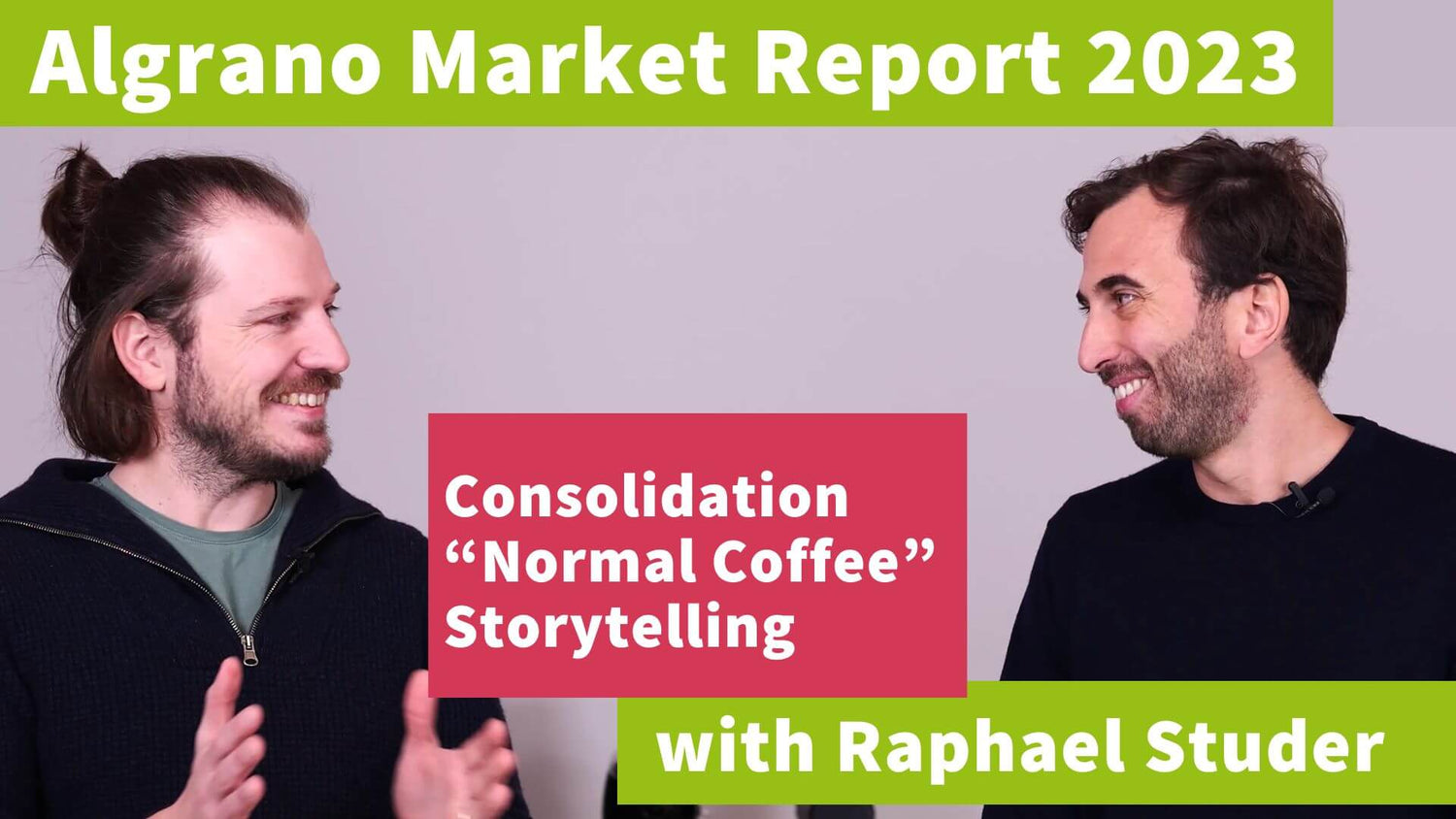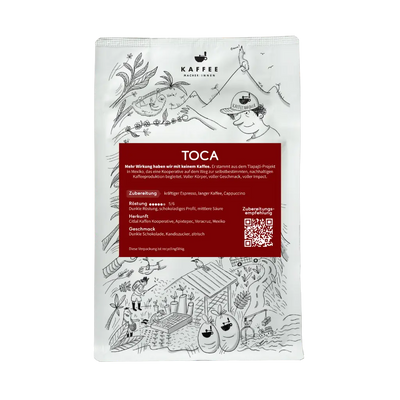Every year, the Algrano Market Trends Report serves to better understand the coffee world. This year, algrano brought on board author Erika Koss, who collaborated with Luiza Furquim on the 60-page report. Numerous figures, charts, and analyses help producers and roasters decide where their coffee journey should take them.
"Perhaps the days of heavily fermented coffees are over," says Raphael Studer in a YouTube interview. Sales figures are declining, and more and more producers are abandoning complex post-harvest processes .
In their podcast conversation, Raphael and Philipp talk about a "sensory market correction." Raphael goes on to say that the specialty coffee industry was perhaps a bit "naive" in believing that tastes could be reversed. He goes on to say that super-fruity coffees will always have their place. However, specialty coffee roasters are becoming increasingly flexible and responsive to their customers' needs, as the example of Bonanza Coffee demonstrates.

Information for producers and roasters
There are far too many reports for roasters, says Raphael, and too few for coffee producers. The algrano report (download here ) is therefore intended for everyone who works with coffee. Above all, however, algrano aims to show coffee producers how specialty coffee roasters buy and where the market is headed.
Because changes are happening faster on the processing and consumption side than where the coffee is grown.
The reasons for this are quite simple: a new coffee product is launched in a matter of moments, and a newly planted tree only produces a solid harvest after three years.

Consolidations and new laws
2023 was also a year of consolidation in the coffee sector. Some, Raphael says, are normal, such as when an established company gains market share by acquiring a specialized, smaller company. This happened, for example, when Interamerican Coffee bought the Norwegian specialty retailer Nordic Approach .
Consolidations, however, are merely the expression of a deeper crisis, Raphael continues. Many green coffee traders are taking on increasing risks, achieving razor-thin profits so they can gain more market share. Meanwhile, interest rates have risen, money has become more expensive, and the financial burden is threatening more and more traders. Raphael has clear words on this in the podcast conversation starting at minute 9:45.
With the EU's Deforestation Act and Supply Chain Law , the legal requirements for coffee companies are also tightening. Even smaller roasters will eventually have to prove that they operate sustainably – verifications conducted through a third party are used as a benchmark.



